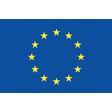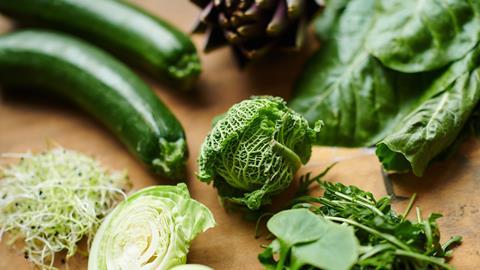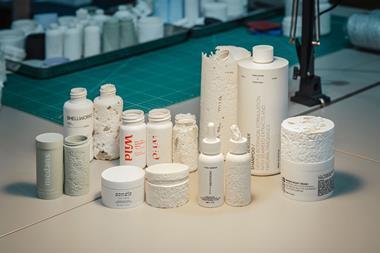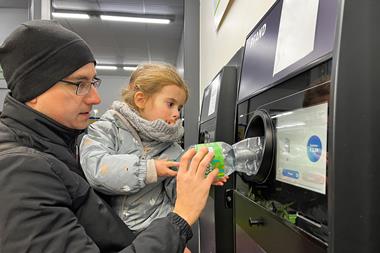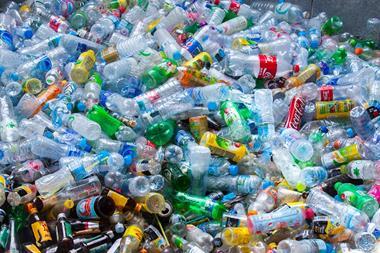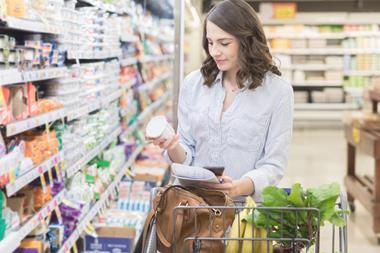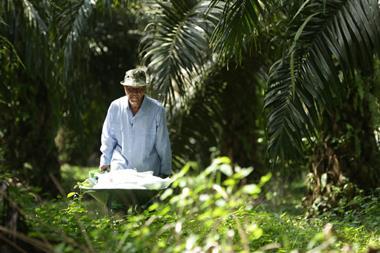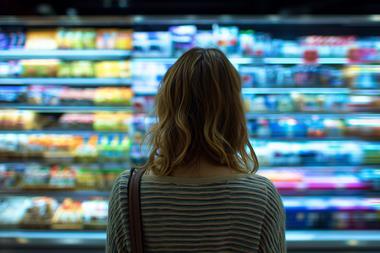As consumers increasingly focus on health and wellness, it is important for retailers to offer high-quality fresh produce from sustainable sources. EU authorities also maintain that rigorous legislation and innovation help ensure a consistent and safe supply from across Member States.
Consumer confidence in food quality is increasingly shaped by transparency, traceability, and trust in production standards. According to the Food Standards Agency’s Consumer Insights Tracker, 77% of UK consumers are concerned about “ultra-processed or over-processed food” – second only to concerns over rising food prices. Meanwhile, the World Health Organisation’s guidance to eat at least five servings of fruit and vegetables a day continues to resonate with British shoppers, with data showing that consumers in the UK and Ireland eat a higher proportion of fruit and vegetables than many other countries.
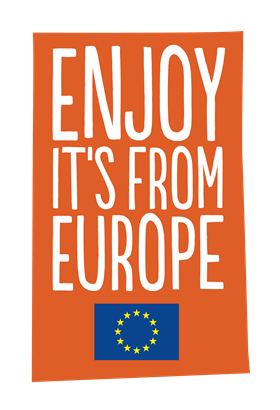
The European Union (EU) is a key supplier of fresh produce to the UK, offering a rich variety of fruits and vegetables that meet the rigorous standards demanded by UK food manufacturers and retailers. This is underpinned by a robust safety and quality management system that connects growers, traders and monitoring authorities – all aligned to meet evolving market expectations.
While many producers adopt GLOBALG.A.P. certification for growing operations and schemes such as BRCGS for packing and processing, the EU’s robust safety system is anchored in the General Food Law Regulation. This overarching framework is reinforced by specific legislation on contaminants, pesticide residues, and microbiological standards, with the use of genetically modified (GM) ingredients strictly regulated under dedicated EU laws.
Crucially, EU food law mandates full traceability at every stage of production, processing, and distribution – aligning with UK requirements and ensuring that any potential food safety issue can be swiftly identified and managed.
Favourable terrain and transport
As a result of its many and varied climates and terrains, the EU can offer year-round supply of many fruits and vegetables. Countries such as Spain and Italy are significant producers of high-quality fresh produce throughout the year and can also grow items that were previously only available from more distant regions – reducing the need for long supply chains.
The EU has well-established transport and logistics infrastructure, including efficient cold chain systems, which ensure that fresh produce is handled appropriately and maintained in quality from farm to consumer, reducing spoilage and waste during transit.
Minimising disease and optimising quality
In addition to systems that ensure safety and quality standards are met, the EU is also committed to innovations that improve agricultural efficiency and sustainability. Across Member States, successful projects are underway to improve soil quality, protect plants from diseases, and reduce the use of artificial pesticides and fertilisers.
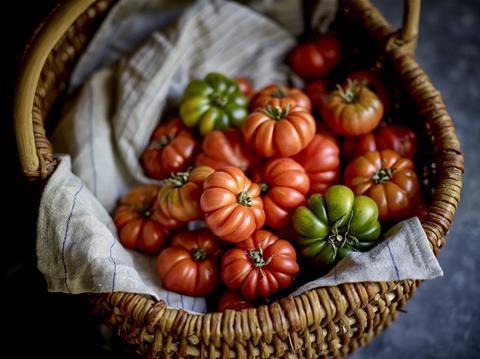
Recent examples include the breeding of tomato plants resistant to one of their most virulent viruses; technologies based on a chemical activation to sanitise plants without artificial chemicals; and a pan-European initiative to introduce robot scanners to accelerate the monitoring of pests and diseases.
● Outbreeding disease
Tomato Brown Rugose Virus (ToBRFV), first identified in Israel in 2014, currently represents one of the world’s most serious phytosanitary threats due to its rapid spread and persistence. In Poland, trials are underway to mitigate its effects. There have been successful efforts in breeding tomato varieties with tolerance to the virus, which can limit ToBRFV replication and symptom development under typical infection pressures.
● Clean technology to reduce chemicals and waste
In Italy, a company has introduced an effective, safe, and sustainable system to clean fruit and vegetables without leaving residues. The technology is based on Electro Chemical Activation (ECA) and uses water, salt, and electricity to sanitise at various stages of treatment. Benefits recorded include increased capacity of the washing lines for basil leaves, prevention of mildew and disease during fertigation (the application of fertilisers or nutrients via the irrigation system), and improved shelf life and reduced waste when applied between the grading and packing stages for carrots.
● Harnessing the efficiencies of auto-engineering
In the Czech Republic, a farmer collaborated with an expert in automotive machinery to develop hardware and software that can automate crop forecasting and pest detection. The organisation they founded is now working with experts from other EU Member States, such as Germany and the Netherlands, to develop scout robots and self-learning image recognition software that accelerate data collection for both pest monitoring and harvest forecasting.
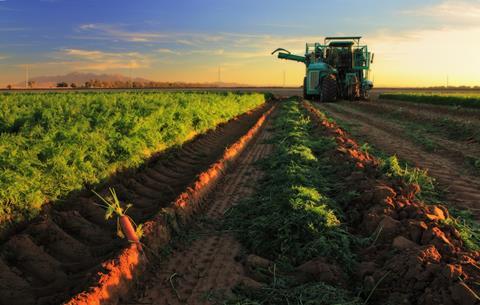
Exchange of knowledge
The EU not only provides retailers with safe, high-quality fruits and vegetables – its commitment to more efficient and sustainable practices is also driving innovation. This innovation is supported by The European Union’s Common Agricultural Policy (CAP) Network, which brings together national CAP networks, organisations, administrations, researchers, entrepreneurs and practitioners to share knowledge and information about agriculture and rural policy.
This essential exchange of knowledge and the evolution of farming practices provides UK retailers with a diverse, secure and cost-effective source of fresh produce – both today and in the future.
For more information on the EU’s ‘More Than Only Food and Drink’ campaign, visit https://enjoy-its-from-europe.campaign.europa.eu/united-kingdom/en.
